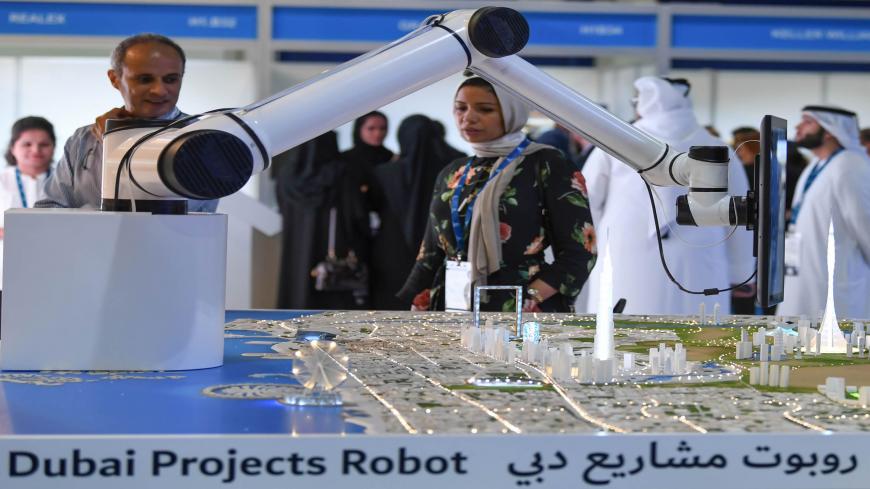The common threat of Iran, a shared concern over Turkish aggression in the region and the United Arab Emirates’ (UAE) insistence that its decision to normalize ties with Israel prevented annexation in the West Bank are all factors seen as contributing to the signing of the Abraham Accords Aug. 13. To that list one can also add desert farms.
“We are seeing a lot of investments coming from the UAE in agricultural infrastructure and agritech,” Ofer Sachs, CEO of Herzog Strategic Group and former director general of the Israeli Export Institute, told Al-Monitor.



